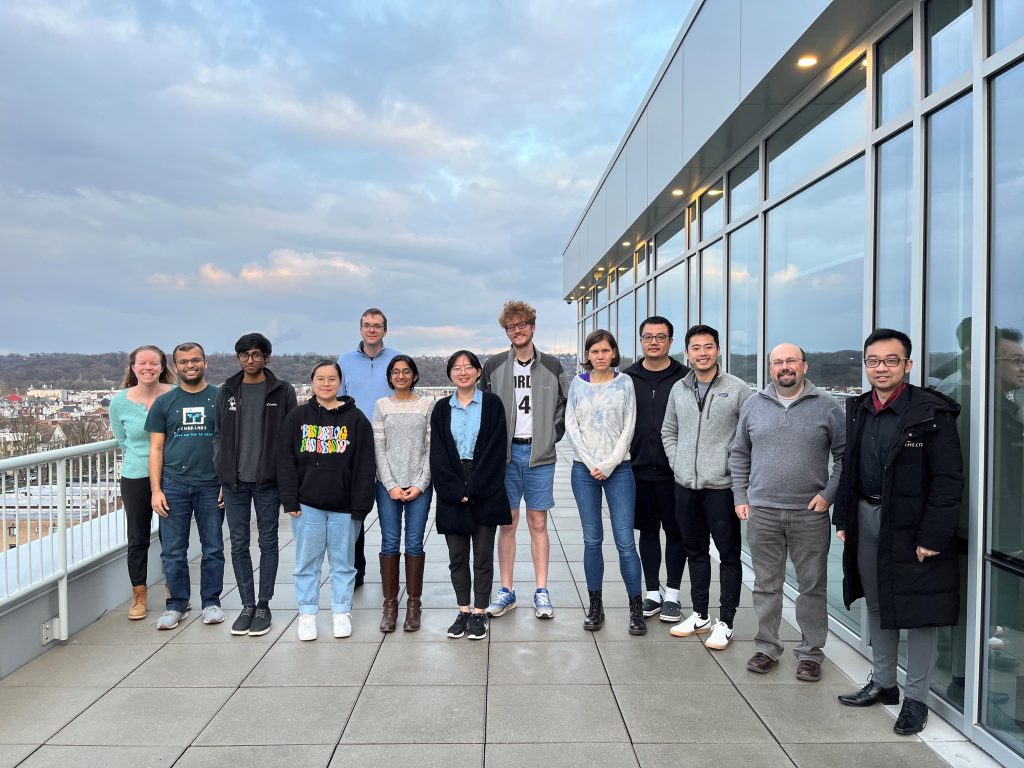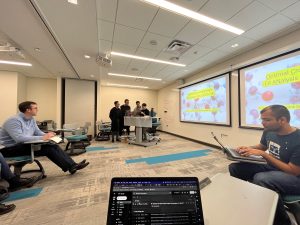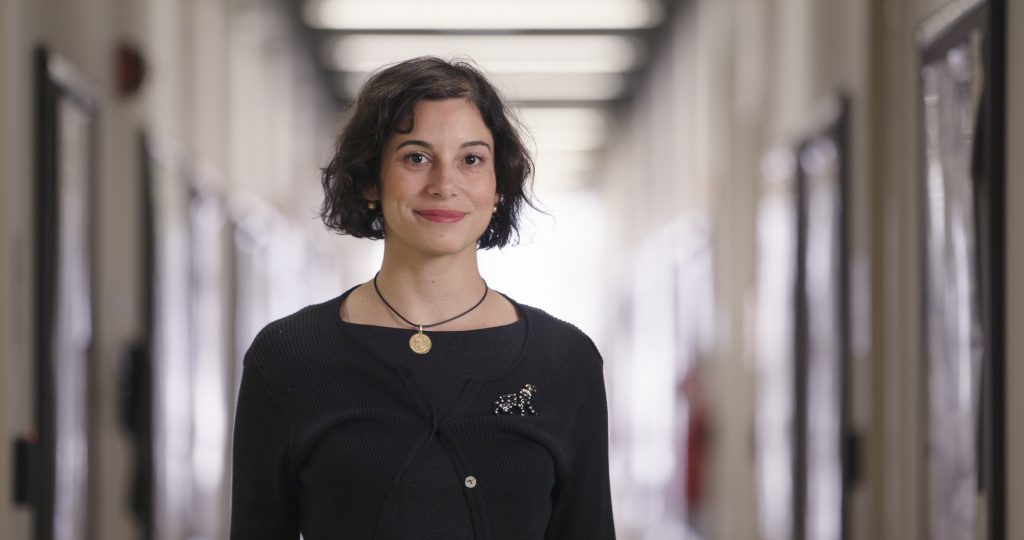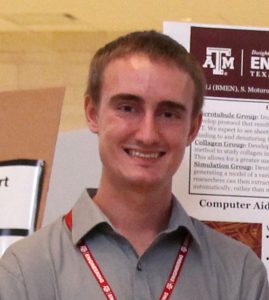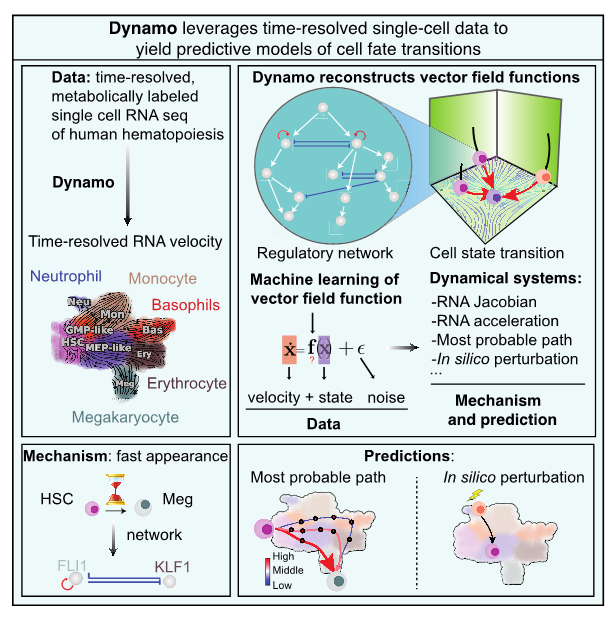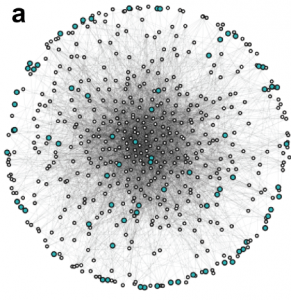The CPCB GSA held their first annual 24-hour CPCB Hackathon from 5pm April 8th to 5pm April 9th. The event included meals and prizes awarded by a judging panel: Maria Chikina, Olexandr Isayev, and Phillip Compeau. Participants will also receive an exclusive CPCB mousepad, courtesy of Prof. David Koes.
The purpose of hosting this hackathon was to promote collaboration and knowledge sharing between all specialties and interests. With that in mind, all projects were valid: a group of students could make a compbio quilt, an API that starts the coffee machine or orders Chipotle, a CLI for transcriptomics workflows, or a protein that folds up to look like a professor.
Winners of the CPCB Hackathon 2022 were:
Logo-Gen: A Web-app for Generating new CPCB Logos with Biological Modeling — Participants’ favorite (2/2), 1st place
by Anush Devadhasan, Shahul Alam, and Caleb Ellington
Optimal Causal single-cEll ANalysis Cells (OCEANCells) — 2nd place
by Frank Zhang, Minxue Jia, Jason Doi, and Devin Jiang
The Mysterious Affair at Murdoch: a Paper-Stealing Puzzle Game — Participants’ favorite (1/2), 3rd place
by Roshni Bhatt, Marissa Di
Other Projects:
One Shining Moment of 2020: Using analytics and neural networks to crown an NCAA men’s basketball champion
by Alex Hummels
CPCB Codenames: A New Take on a Classic Game, presented as a customized desktop app
by Sophia Hu

